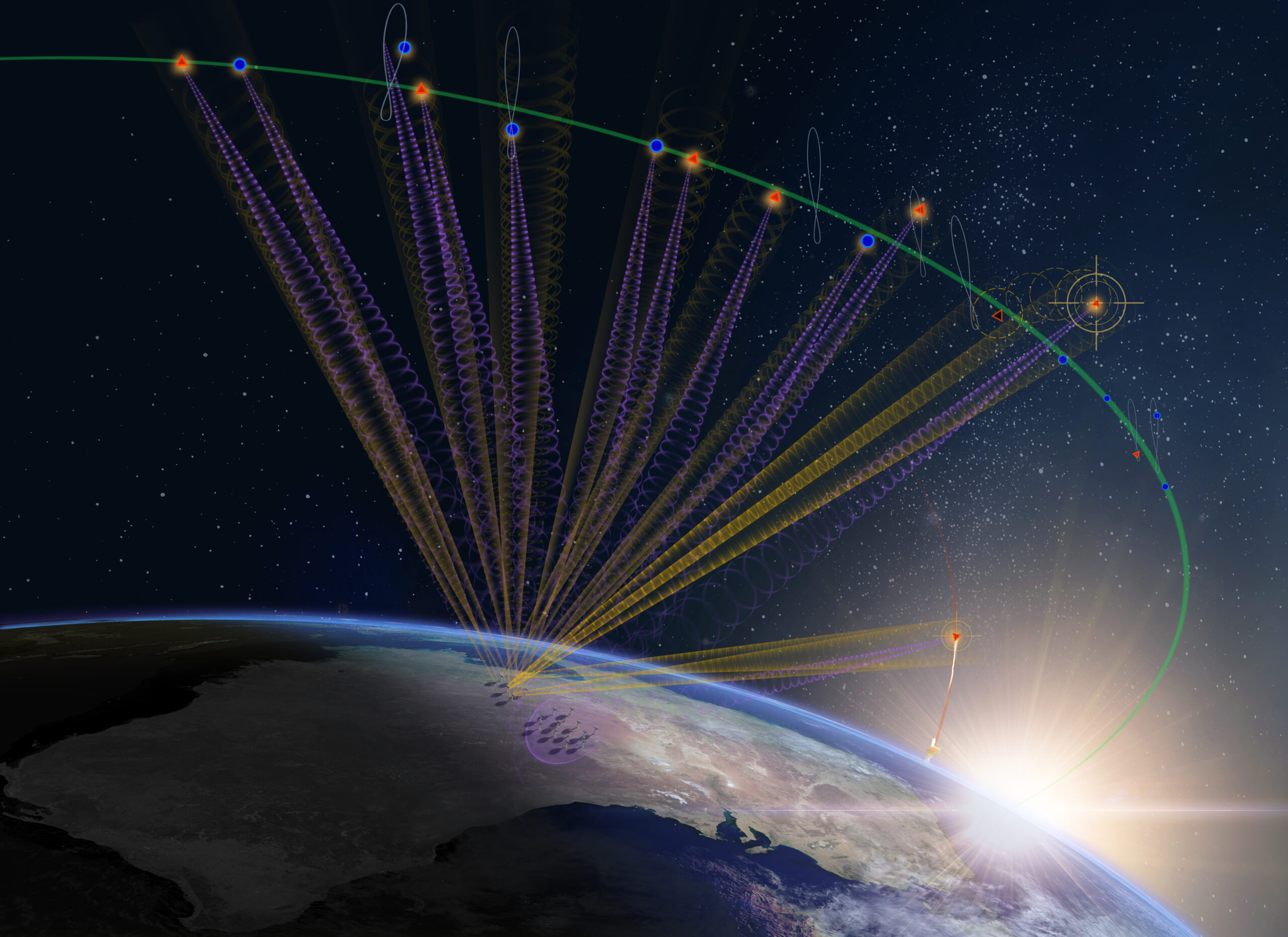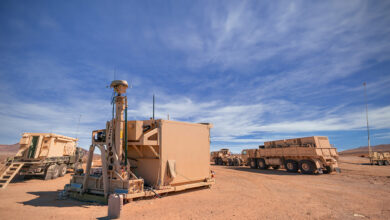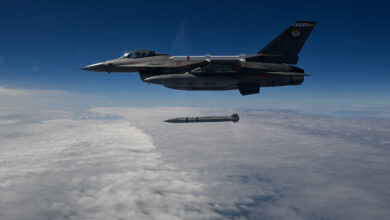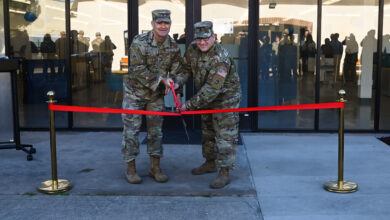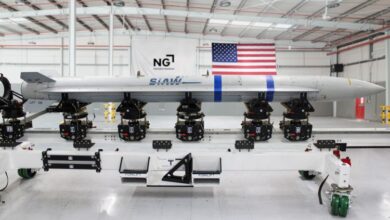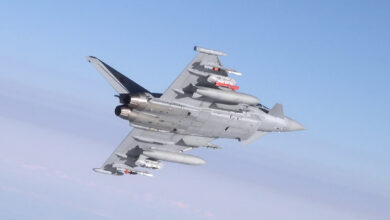The US Space Force has awarded Northrop Grumman a $200-million contract to build a deep space radar capable of monitoring 22,000 miles (36,000 kilometers) above the Earth.
The Deep Space Advanced Radar Capability (DARC) Site 2 contract involves building a radar site at Cawdor Barracks in Pembrokeshire, Wales, by February 4, 2030.
A total of 27 radar dishes are planned to be erected at Cawdor, each standing 20 meters (65 feet) tall and capable of seeing a football from space.
“The proposed redevelopment of Cawdor Barracks secures jobs at home and defense capabilities for the future,” UK Defence Secretary John Healey said.
“Space plays a crucial role in our daily lives – used by everything from our mobile phones to banking services.
“It is also used by UK Defence to conduct vital tasks such as supporting military operations, navigating forces and gathering intelligence.”
Deep Space Advanced Radar Capability
The DARC program includes building an interconnected radar site in each of the three AUKUS countries: Australia, the US, and the UK.
The first radar is scheduled to be installed in Western Australia by 2026, while the third will be erected in the US.
“The DARC Site 2 award expands Northrop Grumman’s support for the US Space Force’s Space Domain Awareness (SDA) capabilities in an increasingly contested domain,” Northrop Grumman VP of integrated national systems Pablo Pezzimenti said.
“This site brings us closer to achieving global coverage of deep space, which is a critical mission for future security of the US and its allies.”
Upgraded Capabilities
The SDA replaced the Space Situational Awareness in 2019 with a broader scope to identify, characterize, and understand objects moving in geostationary orbit.
The DARC radars will feature enhanced space domain awareness and all-weather capabilities, helping to protect vital satellite communication and navigation networks.
“While current ground-based systems operate at night and can be impacted by weather conditions, DARC will provide an all-weather, 24/7 capability to monitor the highly dynamic and rapidly evolving geosynchronous orbital environment critical to national and global security,” Pezzimenti said.

